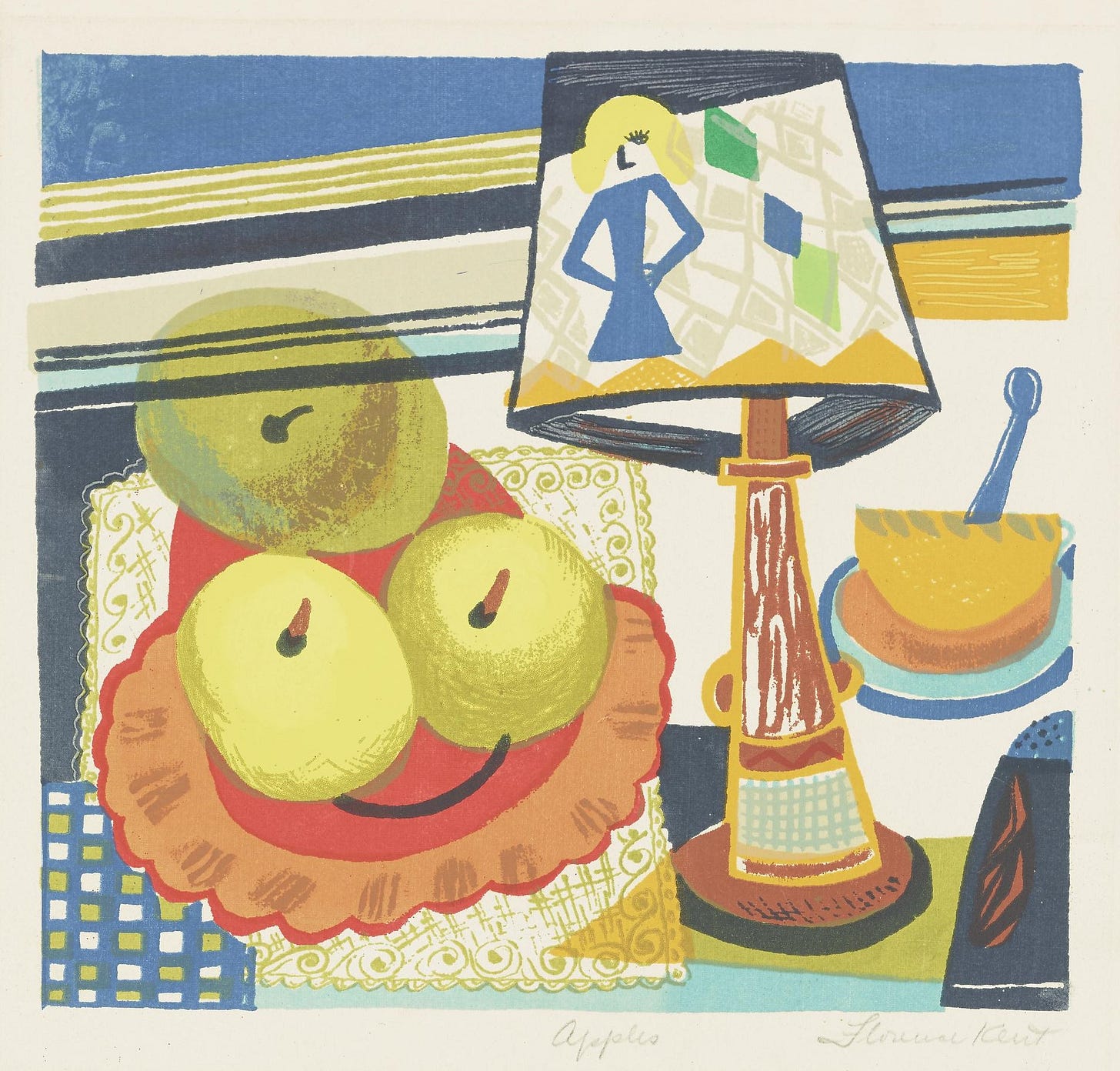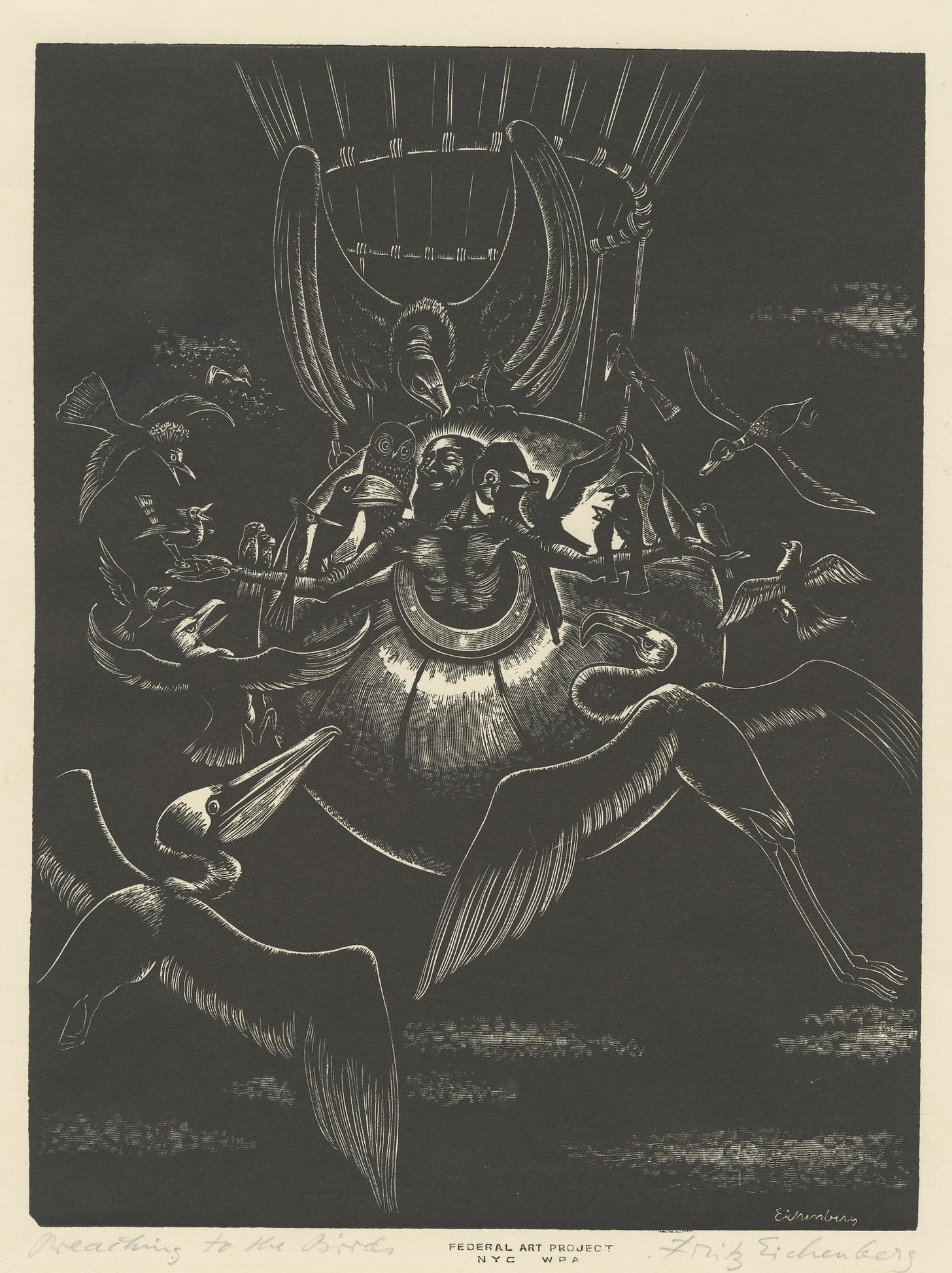May Book Report
Some Neighbors, Some Tears, Some Birds

Hello! I literally cannot stop sneezing because it finally got warm and all the pollen decided that I need to die, but I did manage to scratch out a few thoughts about some more books I’ve read this year.
Neighbors and Other Stories by Diane Oliver
As pretty much everyone has noted, it’s incredible that Oliver wrote all of these stories before she tragically passed away at 22. (22!!!!) They all have such a clear emotional insight and effortless execution of the form that my heart aches for the life she missed out and the ways she could have experimented with her talent. “Frozen Voices” in particular stands out as a sign she was honing and pushing her craft as a writer.
Clear by Carys Davies
Look, your aunt’s book club is going to love this, and you’re going to let that stop you from reading it because you’re a coward who’s afraid of being accused of liking books your aunt likes. Your loss! But in all seriousness, this novel reminded me of both Louise Kennedy and Claire Keegan’s ability to compact as much sense of place, character and devastating emotional impact as possible in just a few sentences. I have a feeling people aren’t going to be universally sold on the ending, but being the sap that I am-I was!
Additionally, I had never heard of the Scottish Clearances before reading this, and now I find the image that’s often sold to Americans of Scotland’s unspoiled “wildness” really sinister. Unspoiled, “pure” nature is fake, and you would think someone who loves Nature’s Metropolis as much as I do would not have to keep relearning that, but yet, here we are.
White Tears by Hari Kunzru
Speaking of endings, one of my favorite books I read in 2022 was Kunzru’s Red Pill, even though the ending kind of sucks. But every time I told someone how much I loved Red Pill, they would counter “yeah but White Tears is better” which annoyed me at the time but you know what? They were right! However the scene in Red Pill in which riding an uptown C train is enough to snap the narrator out of psychosis will always have a special place in my heart.
The Women of Brewster Place by Gloria Naylor
I enjoyed the writing of these interconnected stories about a group of women living in an apartment block during an era of urban neglect, and Naylor has really funny sense of humor (one woman finds out both she and her mother are partnered with Foot Guys). However, there was a brutal sexual assault in the last story that really fucked me up. I guess it’s better than not being moved by art but I needed a couple days to recover from being what felt like emotionally clotheslined.
This also happened this year for various reasons with Greed by Elfriede Jelenick, Keegan’s So Late in The Day, and Mrs. Caliban by Rachel Ingalls [do NOT listen to the NYTimes, Mrs. Caliban is NOT a “funny” book: it’s great, and I didn’t even go into it with that expectation that it would be funny, but I was absolutely devastated at the end], and in 2023 with The House of Mirth, basically all the Jenny Erpenbeck I read, but especially Kairos and Visitation, and The Narrows by Ann Petry. As someone who is used to moving on to a new book right away (since what the hell else am I going to do on my 2.5 hours of commuting 5x a week), it’s a disorienting experience to need to stare off into space for a day or two, even if it is a necessary one.
James by Percival Everett
Don’t have much to add to the praise for this great book but I just wanted to note that the conversation between Brandon Taylor and Everett that I attended at PT Knitwear was wonderful. But to the dork who used up one of the questions during the Q&A to smugly ask “what did you think of American Fiction:” Grow up. You’re why people hate doing Q&As.
The Obscene Bird of Night by José Donoso (t. Hardie St. Martin, Leonard Mades & Megan McDowell)
Much like The Housing Lark last year, I hadn’t heard of this book or author before coming across a copy at my branch. The back cover of the newly revised translation we got in of Obscene is just a lot of New Directions nonsense so here’s how I would sum up the premise as best I can: at a crumbling, deconsecrated convent referred to as “the Casa,” an aging janitor named Mudito watches and plots with a group of elderly women (nuns? witches? inmates?) as they care for the seemingly miraculously pregnant teen Iris. The story and characters then spiral outwards and back inwards through time, location, and POV, revealing Mudito’s true motives and his deep connection to the benefactors of the Casa, but that barely scratches the surface.
There’s Chilean folklore and political intrigues and false saints and sexual possessions and mental breakdowns. There's also a fascinating contempt for the body, no one can escape the claustrophobia of the Casa because even outside its walls, everyone is still trapped in themselves. Characters beg to be operated on, to be cut into and altered and sewn back up, to escape memories and gender roles, to be reborn in horrifying ways: I can see why Fernanda Melchor is a fan. Donoso tends to lean on the disgust for disabled and aging women’s bodies to invoke the macabre and grotesque, but that complaint being lodged, I can’t remember the last time I was this bowled over by a novel’s construction. It was exhilarating, the reading equivalent of riding one of those slingshot theme park rides for 400+ pages.

Thanks for reading, see ya later!

